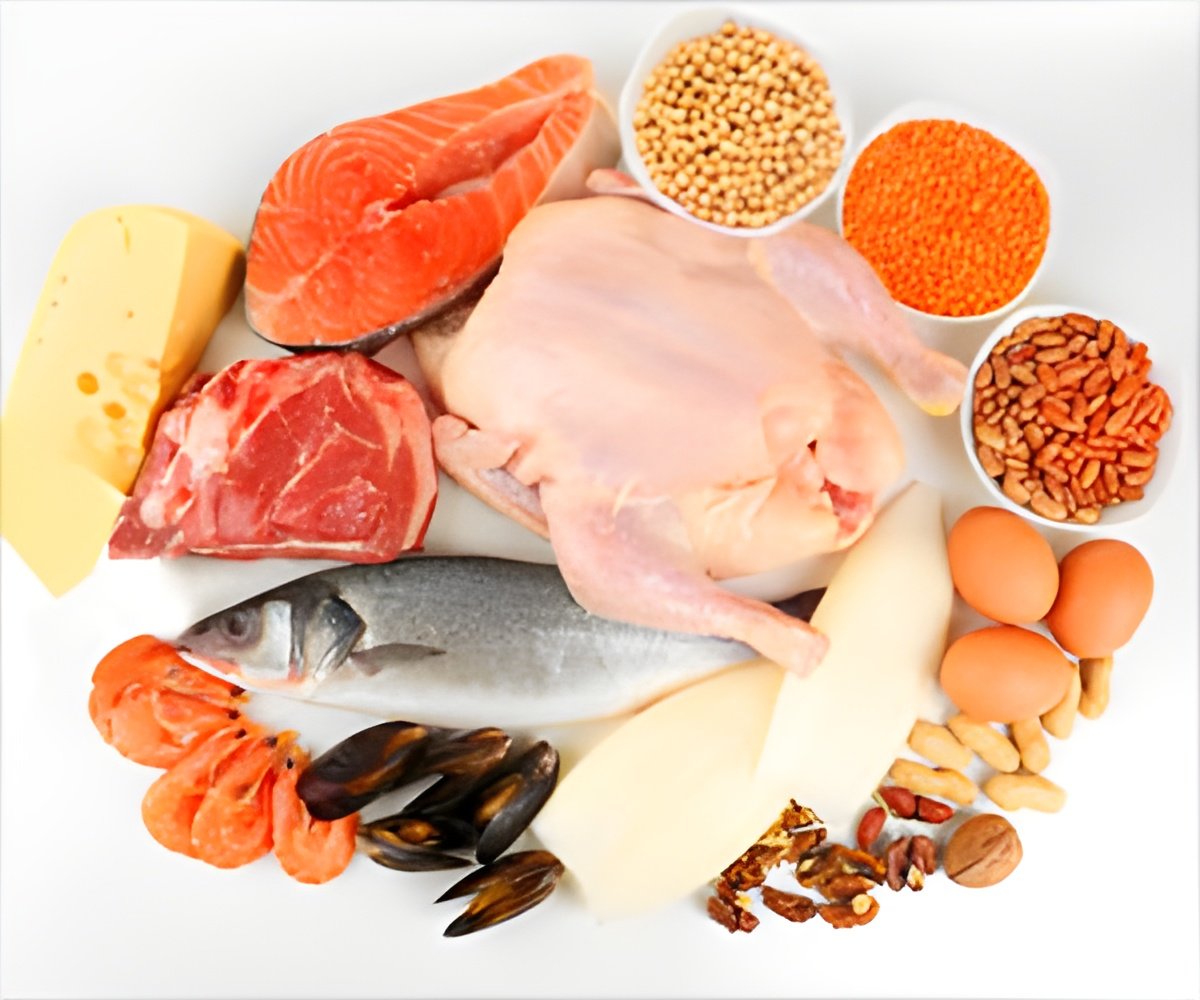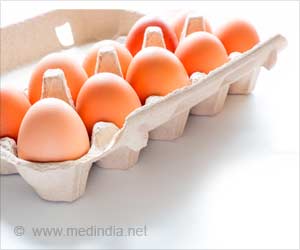Low protein intake in the men's diet is linked to poorer sperm quality and are more likely to have overweight children.

‘Lack of protein in a man's diet may impact the DNA quality being passed down from the father to the child.’





Researchers from the University of Nottingham's Schools of Medicine and Biosciences have published a report in PNAS showing that both sperm and the fluid they are carried in (seminal plasma) from male mice fed a low protein diet could affect the long-term metabolic health of their offspring.There has been much research showing that sperm from men who are overweight, smoke, drink excessively or who have type 2 diabetes are often of poorer quality than sperm from healthy, fertile men. However, little is known about the impact of such lifestyle factors on the long-term health of a father's offspring. This new study bridges this gap in our understanding by using a mouse model to explore the long-term growth and metabolic health of offspring from males fed a poor quality diet.
Improving dietary advice given to prospective fathers
Dr Adam Watkins, Assistant Professor in Reproductive Biology at the University of Nottingham led the study. He said: "It is well understood that what a mother eats during pregnancy can affect the development and health of her child. As such, there is a lot of information available to women who want to become pregnant about the importance of a healthy lifestyle and good dietary choices both for their health and that of their child. Interestingly, little, if any, the advice is available for the father. Our research using mice shows that at the time of conception, the diet and well-being of the father influences the long-term growth and metabolic health of his offspring. Our study not only identifies what impact a poor paternal diet has on the health of his offspring but also starts to uncover how these effects are established''.
The study, carried out on mice, found that males fed a low-protein diet produced sperm with fewer chemical tags on their DNA that regulate gene expression than mice fed a normal diet. Researchers also observed that the seminal plasma suppressed maternal uterine inflammatory and immunological responses, essential for a healthy pregnancy.
Advertisement
Kevin Sinclair, Professor of Developmental Biology in the School of Biosciences, who collaborated on this study said: "It is important to recognize that sperm contribute more than just half of the genes that make up a child. During natural conception sperm deposited in the female reproductive tract are bathed in seminal plasma which can in itself influence pregnancy outcomes. Our study shows that the composition of seminal plasma can be altered by a father's diet and that this can also influence offspring well-being".















